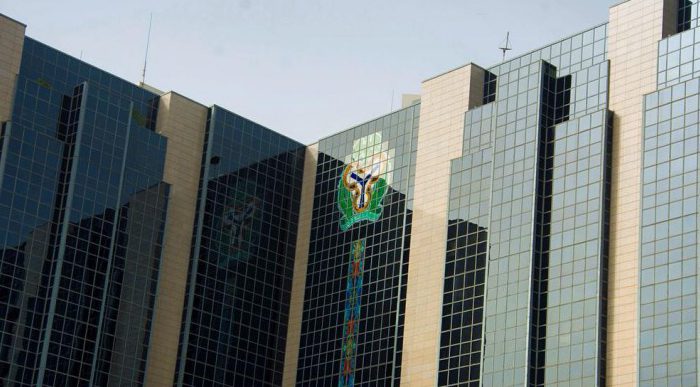The Central Bank of Nigeria (CBN) has issued a mandate to all dealer banks, instructing them to process Personal Travel Allowance (PTA) and Business Travel Allowance (BTA) transactions exclusively through electronic channels, such as debit or credit cards. Furthermore, the apex bank has strictly cautioned authorized dealers against dispensing these allowances in the form of dollar cash.
This directive, signed by Dr. Hassan Mahmud, the CBN’s Director of the Trade and Exchange Department, is designed to enhance transparency and stability within the foreign exchange market and to prevent forex malpractices.
Reflecting the CBN’s dedication to modernizing financial transactions, this policy signifies a strategic move towards the adoption of electronic methods for managing personal and business travel allowances, aligning with global trends in digital finance.

The circular highlights, “Memorandum 8 of the Foreign Exchange Manual, along with the circular referenced FMD/DIR/CIR/GEN/08/003 dated February 20, 2017, sets forth the criteria for eligibility to access Personal and Business Travel Allowances (PTA/BTA).”
It further elaborates, “Aligned with the Bank’s objective to ensure transparency and stability in the foreign exchange market and to curtail foreign exchange malpractices, all Authorized Dealer Banks are now required to process payouts of PTA/BTA exclusively through electronic means, including but not limited to debit or credit cards. To clarify, the disbursement of PTA/BTA in cash is strictly prohibited. Authorized Dealers and the public are expected to take note and adhere to these directives.”
Mr. Yemi Cardoso, the Governor of the Central Bank of Nigeria, highlighted the substantial impact of foreign education and medical tourism on Nigeria’s foreign exchange issues during a presentation to the House of Representatives. Cardoso pointed out that approximately $40 billion has been expended on these areas, which has played a significant role in the depreciation of the Naira, pushing its value down to over N1,400 in the official market.
To address the forex scarcity and safeguard the Naira’s value, the Central Bank of Nigeria (CBN) has intensified its regulations for International Money Transfer Operators (IMTOs), limiting their operations to only inbound transfers. Additionally, the CBN mandates that all international transfers must be disbursed in Naira.
Ultimately, this policy impacts major IMTOs, such as Western Union and MoneyGram, and is a component of wider initiatives aimed at stabilizing the foreign exchange market.












